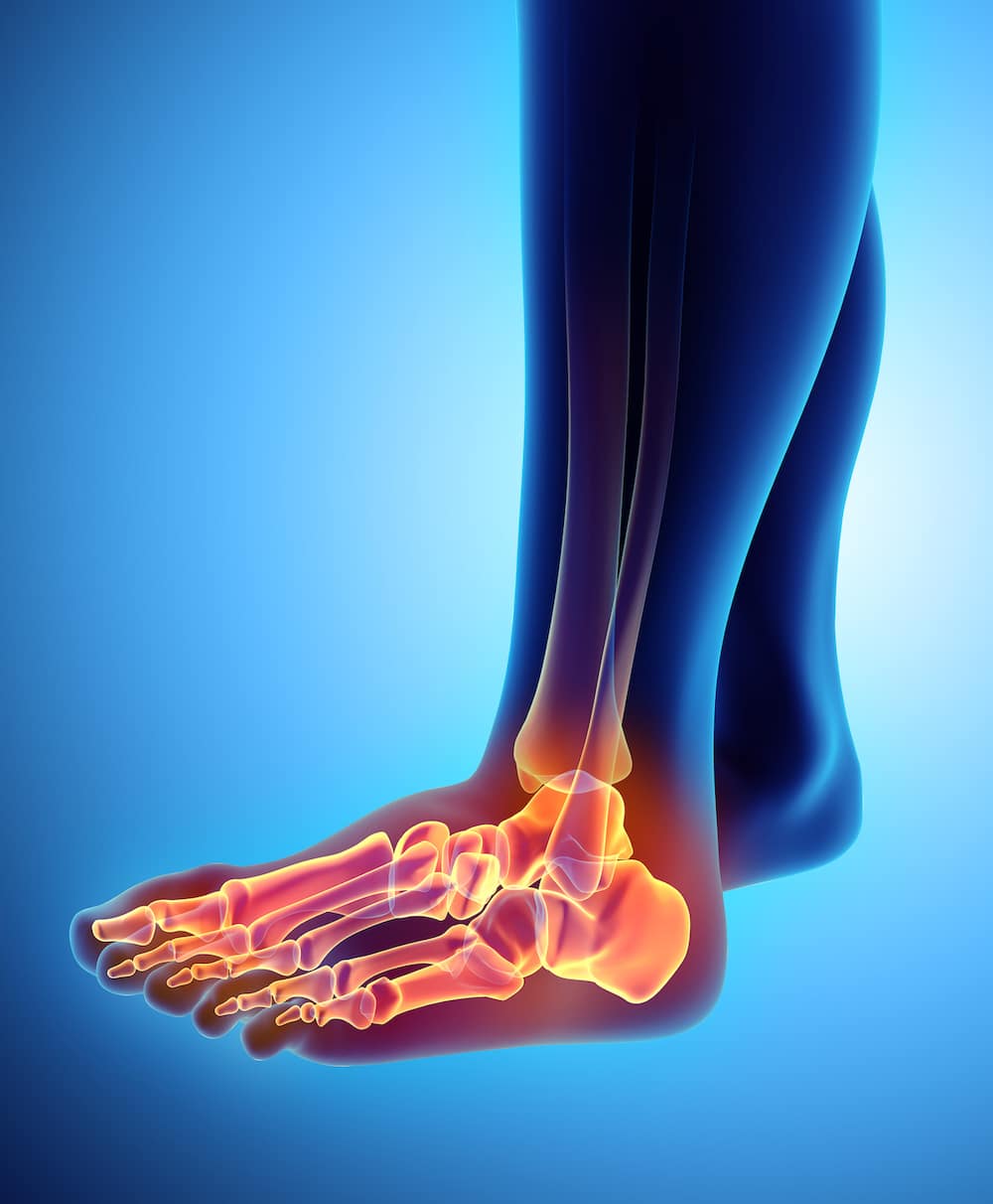Fractures & Dislocations
Turn to the area’s most respected fracture and dislocation specialists to provide the highest level of orthopaedic care.
Certified Physicians Dedicated to Healing your Bone Injuries
Bones are the hardest tissues in your body, but if they are put under too much pressure or force, they can break or split. The most common causes of fractures are injuries, prolonged stress from overuse, and bone-weakening diseases, such as osteoporosis or tumors.
Fractures
There are different types of fractures, depending on the force that causes a bone to break. These include:
Need to Schedule an Appointment?
Give us a call or submit our contact form to request an appointment with one of our skilled physicians.
Contact Us- Stable fractures, in which the broken ends of the bone align and are hardly out of place
- Open, compound fractures, in which the skin may be pierced by the bone
- Transverse fractures, which have a horizontal fracture line
- Oblique fractures, which have an angled pattern
- Comminuted fractures, in which the bone shatters in three or more pieces
Simple fractures may call for only casting or splinting, while more complex injuries may require surgical intervention. Whatever your injury, rest assured that the experienced orthopaedic surgeons at OrthoUnited can put you on the road to recovery.
Dislocations
Dislocations occur when the bones in a joint move out of position, compromising joint function. This can happen when the ligaments that hold the bones together are torn, when the bones are fractured, or when a joint is affected by arthritis.
The most common dislocations involve the shoulder, hip, knee, and elbow. There are two types of shoulder dislocations, both of which cause pain and unsteadiness. With a partial dislocation, the head of the humerus (upper arm bone) partially comes out of its socket, whereas a complete dislocation means the bone is all the way out of its socket.
Symptoms of a dislocated joint include deformity, swelling, numbness, weakness, and bruising. A dislocation may also result in a torn ligament or tendon or damaged nerves.
To remedy these symptoms and repair the damage, we offer a variety of surgical and nonsurgical options. We also offer on-site digital X-rays and physical rehabilitation, giving you a full continuum of orthopaedic care.
To schedule an appointment with one of our orthopaedic surgeons, call (844) 469-2663 or request an appointment online.
From Our Blog
News, tips and resources.
Request an Appointment
Use our simple online scheduling tool to make your next appointment!





